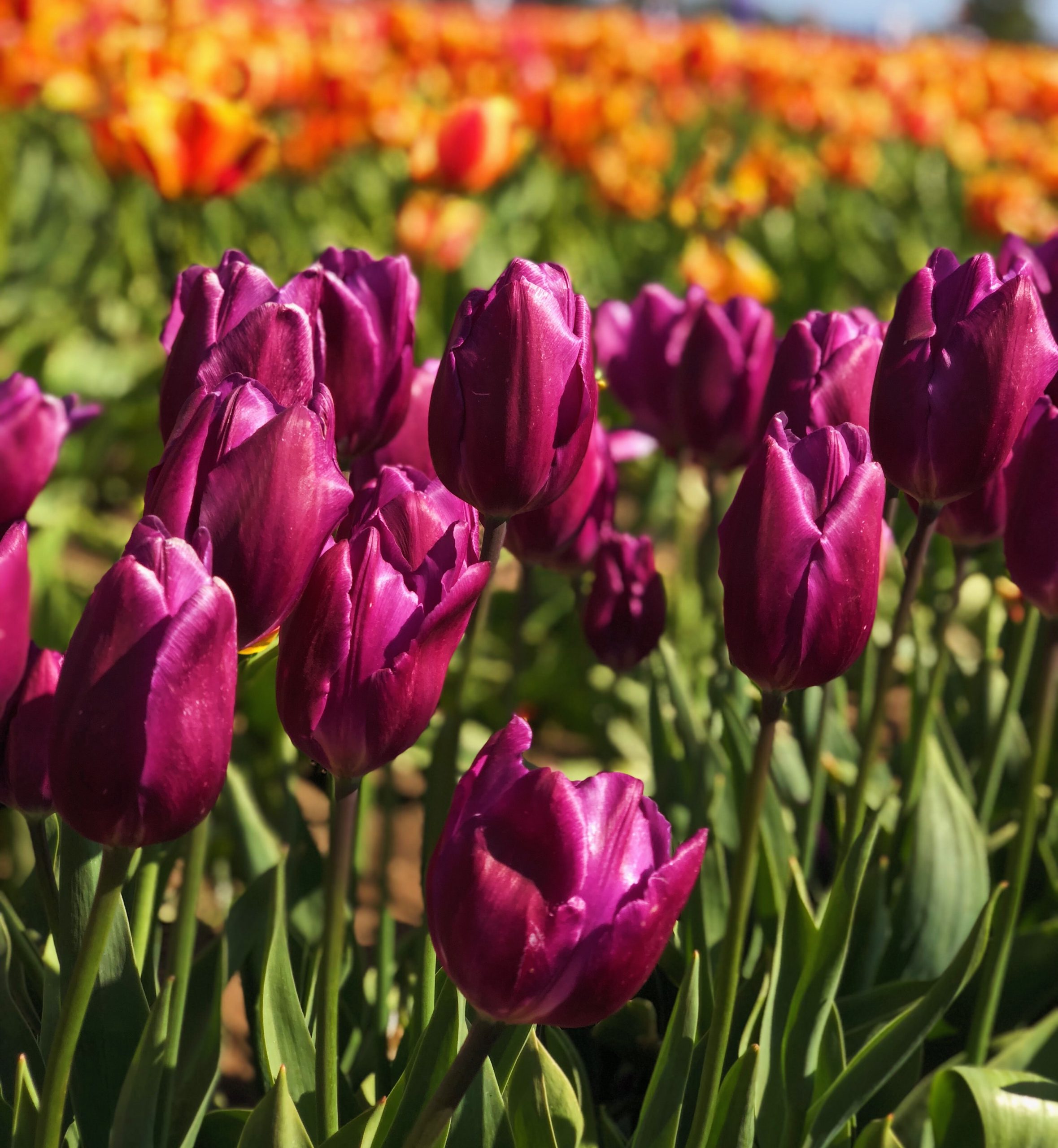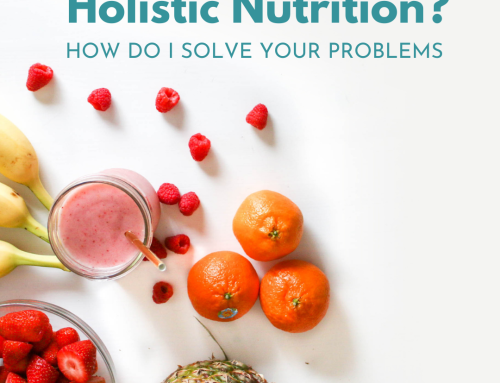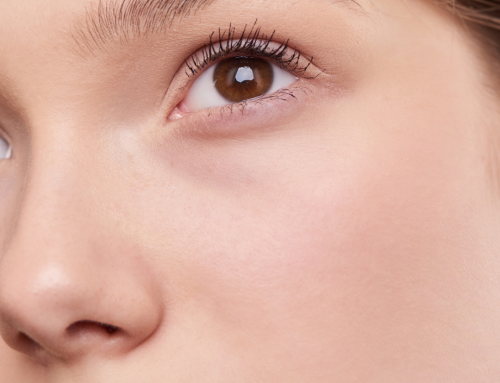What is a second Spring
Menopause is often considered as the autumn and winter of our lives. Loving the hope of spring and fun and sun of summer this thought never sat well with me. Finally facing it I realise what a load of rubbish that is! I now embrace menopause as a second spring. Menopause does mean the end of fertility, but we can choose to see it as a different exciting phase of womanhood that’s no less important than the first.
A Second Spring
Many cultures call menopause a Second Spring seeing the opportunities that menopause brings. Our attitude to midlife and menopause makes a big difference to how we experience it. Believe me I know symptoms can be debilitating, soul destroying, exhausting, and seemingly never ending. I am in no way minimising your menopause experience but at the same time we can’t be defined by it. If we rise to the challenge, it can also be our making.
No Menopause
In many traditional eastern cultures, many women do not appear to suffer at menopause. Some have not even heard of perimenopause. This is only partly explained by differences in diet and overall lifestyle. For example, in Asia, menopause is still a taboo subject, influencing its discussion and awareness. Perhaps the lack of menopause recognition is due to a lack of reporting as the culture prevents openness about such intimate symptoms. Awareness is lacking and women don’t talk to each other and may not want to burden the family with their symptoms.
Likewise, the Japanese have no word for menopause or hot flushes. They use the word ‘konenki’ that describes a time of transition a lived experience that means renewal, season, and energy. Ultimately midlife is viewed positively. This is thought to be a factor in their less intense menopause experiences.
One study suggests that menopause produces similar symptoms in women from different countries. So social cultural differences may be at play in how people experience this stage of life. We know diet and lifestyle has a large part to play and in truth adopting both healthy eating, lifestyle and cultural practices is the best way forward.
Mindset
This illustrates that our outlook is very important. Whilst not denying symptoms experienced in western world. The mind is powerful and defaults to what we already know and believe to be true. Focusing on the negative self-perpetuates the negative belief and downward thought processes and emotions.
On the upside being positive has the opposite effect. In India women like the menopause as it means more social inclusion and no veil, they also see it as a spiritual awakening. It is more optimistically known as second spring here. Women may experience similar symptoms to us, but they don’t appear to be so intense. Attitudes to ageing and respecting elders is a deep-rooted part of these cultures something lacking in the west.
Selfcare and Spirituality
Firstly, close knit families and communities are a hallmark of traditional Eastern cultures, something we neglect in the West. Secondly, selfcare is taught from a young age so as they grow up they don’t think it’s selfish. Lastly, they have a spiritual believe system that supports selfcare and provides a higher purpose and destiny. Therefore, finding your tribe and spiritual beliefs are a hallmark of the Blue Zones. These are parts of the planet where people live the longest and healthiest and happiest!
Many women moving to a western countries from the East experience ‘menopause’ symptoms like us. This points more to nutrition and lifestyle and environment as huge factors. Traditional food is unprocessed, and enjoyed as a family. They accept natural remedies and take responsibility for their health. They have herbal soups, bone broths, fermented foods like kimchi that support healthy gut.
The right balance of gut bacteria is crucial for hormone balance because ultimately excess and used hormones are detoxified by the liver and reabsorbed into the gut to be excreted. They also consume more soya foods like tofu, tempeh, miso and soya beans which have phytoestrogens that have oestrogen balancing effect.
Summary What we Can learn
- Develop a closer relationships family, friends, and communities.
- Prioritise a work- life- balance and practice self-care
- Accept nutrition and lifestyle as a holistic and natural approach
- Develop a simple spiritual practice, breath work, mindfulness or meditation.
- Include fermented foods like Sauerkraut, Kefir, Kombucha, Kimchi is a spicy, fermented cabbage, Tempeh is a fermented tofu and Miso
- Include phytoestrogens in your diet like soy (edamame, tempeh, tofu) chickpeas, lentils, broccoli, carrots, flax and sesame seed and oats.
In Conclusion
Embracing a ‘Second Spring’ requires acceptance of aging and change. Western culture has a great fear of aging expressed in our fascination with youth. It is possible to celebrate the natural stages of our lives, menopause can be beautiful, and vibrant! This often is a process of rediscovery a focus on new values including health and wellbeing. I would love to help you on this journey with personalised nutrition and lifestyle techniques for a smooth transition. Click here for a no obligation Discovery call
Sources
Gold, E. B., et al. (2013). Factors related to age at natural menopause: Longitudinal analyses from SWAN. American Journal of Epidemiology, 178(1), 70–83. https://doi.org/10.1093/AJE/KWS421
Greendale, G. A., et al. (2012). Dietary Phytoestrogen Intakes and Cognitive Function During the Menopause Transition: Results from the SWAN Phytoestrogen Study. Menopause (New York, N.y.), 19(8), 894. https://doi.org/10.1097/GME.0B013E318242A654
Vauclair, C.-M., et al. (2017). Are Asian cultures really less ageist than Western ones? It depends on the questions asked. International Journal of Psychology, 52(2), 136–144. https://doi.org/10.1002/ijop.12292
Melby, M. K., Lock, M., & Kaufert, P. (2005). Culture and symptom reporting at menopause. Human Reproduction Update, 11(5), 495–512. https://doi.org/10.1093/HUMUPD/DMI018






